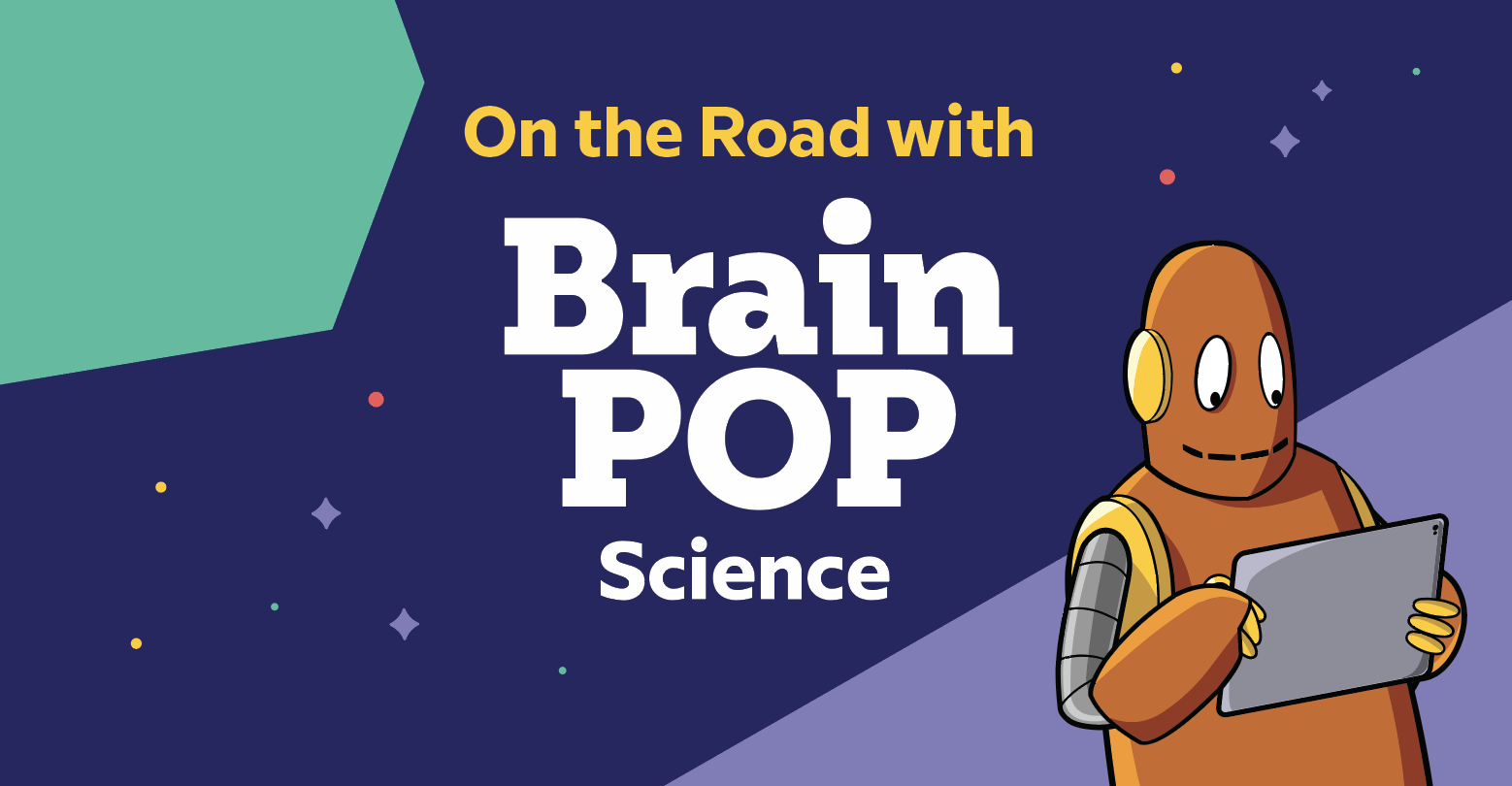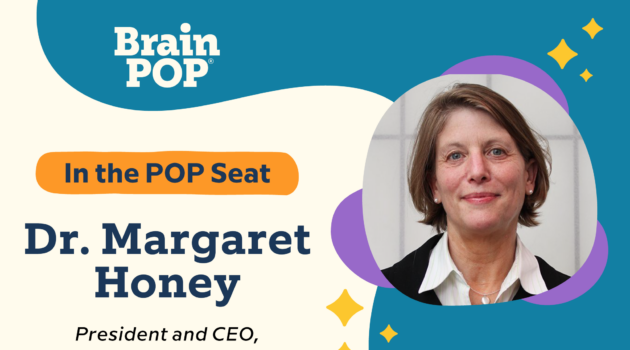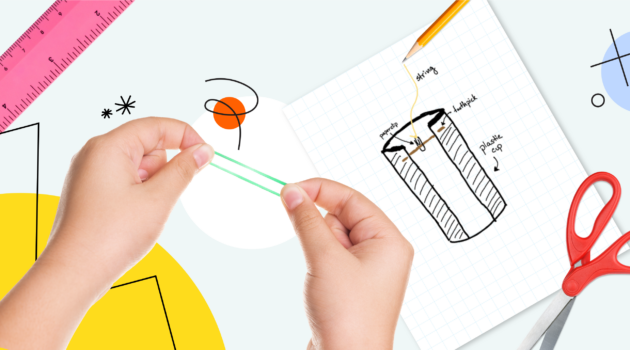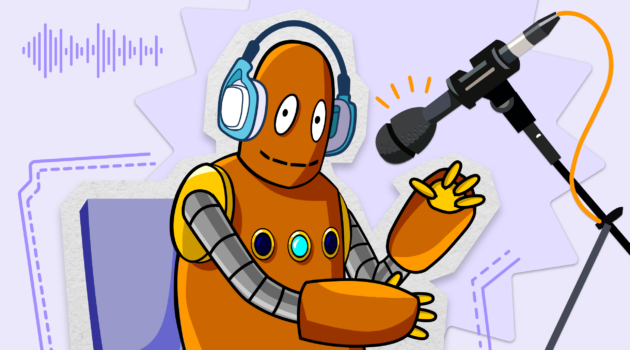Thought Leadership
On the Road with BrainPOP Science: Navigating the Evolving Landscape of Middle School Science Education

BrainPOP Science launched in August 2021, and as part of our ongoing product development, I have been connecting with district leaders across the country to understand their instructional pain points and priorities for middle school science. Partnering with early adopter districts has enabled the BrainPOP Science team to customize support for districts’ rigorous needs as they navigate shifting teaching environments. Additionally, this feedback is directly informing product enhancements. Each district has its own unique considerations, yet several universal themes emerge in nearly every conversation. Below are three salient trends in the current science education landscape.
Confidence is King
Building students’ confidence as it relates to inquiry-based science learning has become an even more urgent priority in the COVID era. Confidence is key to practicing science in school. It is also an important factor in how kids dream big when they think about their professional path.
My conversations with the science team at Broward County Public Schools in Florida revolved around how to improve classroom pedagogy when kids are learning remotely or in a hybrid environment. The team expressed that building confidence is a top priority, and that to do this effectively they need to bring joy back to the science classroom to motivate kids to engage more deeply with the subject. “The one who is doing is the one who is learning!” said Merilyn Johnson, Ph.D., NBCT, science supervisor at BCPS.
The one who is doing is the one who is learning!
Student confidence was also a central theme at the annual Tennessee Science Teachers Association conference. I joined Brandi Stroecker, network director for the Tennessee STEM Innovation Network and advisory panel member for BrainPOP Science, along with Dinah Wade, a library media specialist at Franklin Special School District, for a panel discussion about reinventing science education.
Reflecting on BrainPOP Science, Brandi shared, “When students engage in science exploration, they are developing language, literacy, and critical thinking skills necessary for them to become adults who can reason logically and problem solve creatively. BrainPOP Science supports learners as they work to build the skills to explore and gather evidence to explain scientific phenomena. That process of active learning creates an environment where students are growing and building confidence in their ability to solve problems. That skill set can be applied to any future challenges a student may need to navigate.”
According to Dr. Johnson, bolstering confidence in the classroom has become a nationwide concern. Traditional strategies don’t encourage enough experimentation—and students can learn as much from failure as they can from success. During a fireside chat at the annual FETC conference in January, Dr. Johnson drew a connection between learning from failure and the CASEL competencies, specifically related to self-awareness and self-discipline. “You don’t have to be perfect. You don’t need to know everything. This is a safe space for learning. This type of mindset and approach helps create a safe space for children to learn and grow.”
That process of active learning creates an environment where students are growing and building confidence in their ability to solve problems.
The Middle School Science Classroom is Changing
Social distancing and COVID safety protocols disrupted the traditional classroom collaboration model. Richard H. Gettys Middle School in the Pickens School District in South Carolina has operated under periods of “code yellow” this year. Teachers are required to facilitate instruction with additional spacing between desks, and science lab time is limited, making hands-on, phenomena-based learning experiences a challenge.
The team at Wichita Public Schools in Kansas, known as leaders in edtech innovation, wrestle with maintaining rigor amid continued classroom disruptions. They were quick to leverage BrainPOP Science as part of the Verizon Innovative Learning Schools Initiative. “BrainPOP Science brings science investigations into 3D worlds where my students must explore that virtual space to find evidence to support their claims. The experiences mirror the authentic work professional scientists do, which requires my students to use their reasoning skills in these investigations. The answers require deep thought rather than quick recall,” said Kathern Strickert, Verizon Innovative Learning School Coach at Mead Middle School.
Teacher shortages and disruptive quarantine protocols are impacting classroom shifts, too. Educators who are called upon to bridge these gaps may not be experts in the subject, requiring extra support with content knowledge and instructional pedagogy. Dr. Johnson described BrainPOP Science as “a backdoor for teachers to gain a lot of the background information they need when they are teaching a subject. Teachers rely on these resources to get them through a topic.”
District leaders have been in overdrive attempting to maintain continuity for almost two years. “Shortages in instructional personnel, struggles to maintain safe and supportive learning environments, and health protocols that sometimes present barriers to our current teaching strategies require that we have high quality resources that afford students opportunities to interact with and learn from science content anywhere and at any time. The new BrainPOP Science digital curriculum integrates seamlessly into our digital arsenal to provide authentic science learning opportunities to our students in Broward,” said Dr. Johnson.
BrainPOP Science gives teachers access to turnkey lessons that cover deeper understanding of science concepts, science simulations, and data collection. Learning targets can be covered in a timely manner for each student to explore at their own individual level.
Science Instructional Time is a Precious Commodity
Heightened emphasis on accelerated learning due to learning loss in ELA and math results in less time for science instruction. Additionally, many districts report that science and social studies teachers are sharing instructional minutes, so science classes are limited to every other day. District and school leaders need to be more intentional than ever about how they help science teachers maximize their time with students.
Couple these challenges with the fact that many states administer a high-stakes science test, and it becomes clear why district science leaders are seeking solutions that offer greater rigor.
Tia Jones, an instructional coach at Pleasant Valley Middle School in Wichita, shares how BrainPOP Science helps her get the job done in less time and with more impact. “BrainPOP Science gives teachers access to turnkey lessons that cover deeper understanding of science concepts, science simulations, and data collection. Learning targets can be covered in a timely manner for each student to explore at their own individual level.”
Partnering with districts across the country as they navigate these significant challenges is a privilege that has enabled us to support thousands of middle school learners and their educators. It has also given us the opportunity to be even better listeners and collaborators.
Kari Stubbs, Ph.D. is VP, strategic alliances at BrainPOP.






